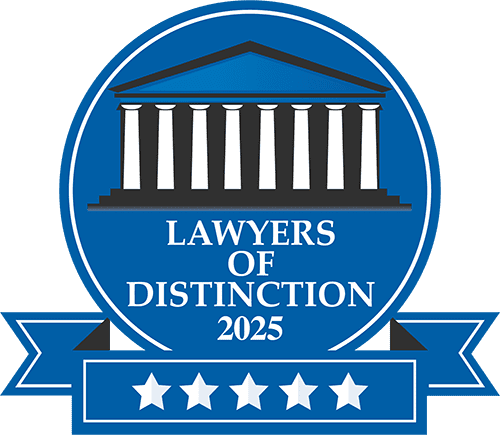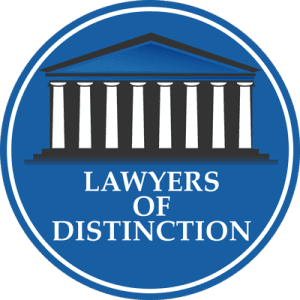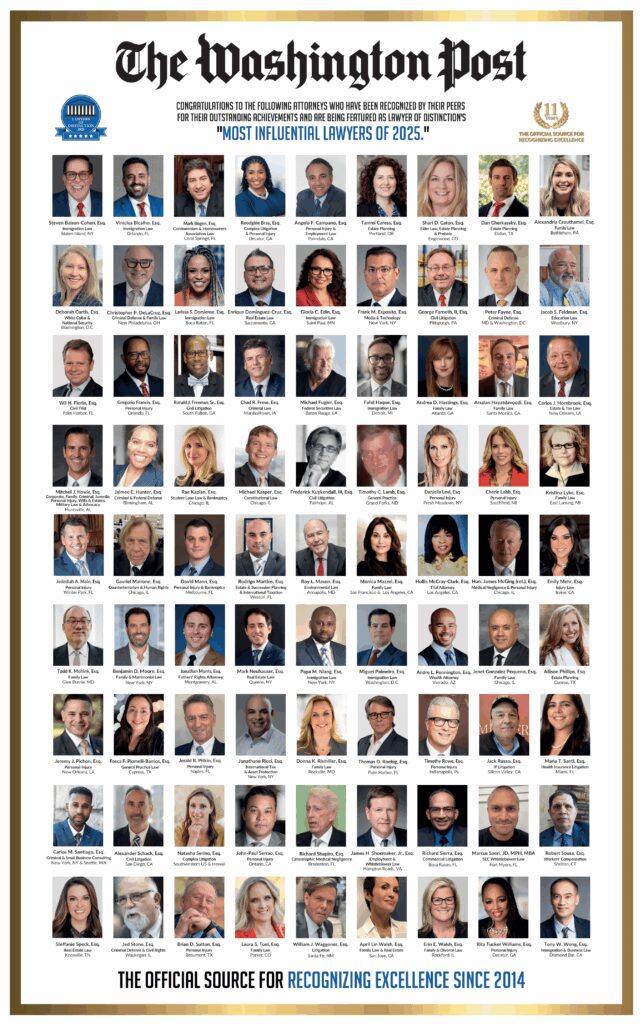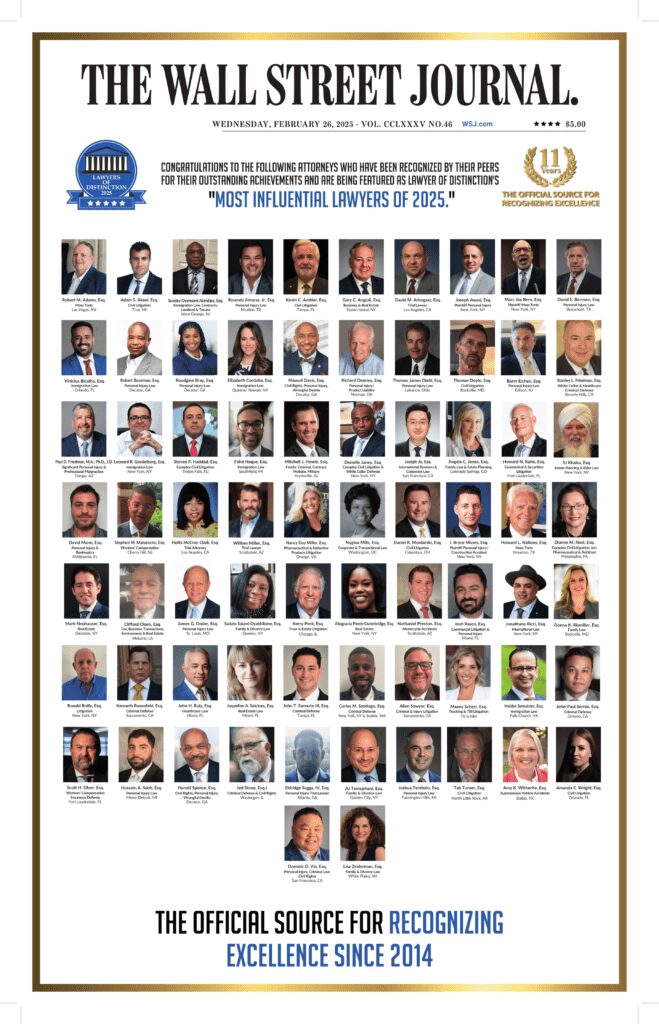Lawyers for Facebook recently battled lawyers from the District of Columbia in a court of law. The reason for the dispute was Facebook’s reluctance to make an email exchange between itself and Cambridge Analytica available to the public.
Attorneys for the D.C. government filed a consumer privacy lawsuit against Facebook over its relationship with the data targeting company. Cambridge Analytica is now defunct and Facebook maintains the position that communications that took place with the company are a private matter.
D.C. officials say the emails will show that employees for Facebook were concerned with the fact that approved third party applications were providing Cambridge Analytica with user data.
Chantale Fiebig, a lawyer representing Facebook, argued that since the chain of emails was not a factor in the recent determination by the judge to not throw out the case, there is no reason to make them part of the public record.
Judge Fern Saddler confirmed that she did not consider the messages when she decided in May she would not approve a motion to dismiss the case.
Jimmy Rock, the Deputy Attorney General for Public Advocacy, says the renewed efforts to make the emails public is influenced by Facebook’s agreement to pay the Securities and Exchange Commission $100 million for not disclosing the truth about user data handling to Facebook users. Facebook also agreed to pay a penalty of $5 billion to the Federal Trade Commission for breaches of its own privacy policies.
Rock explained to Judge Saddler that portions of the email chain were released as part of the SEC complaint.
Lawyers for Facebook countered Rock’s argument by explaining to the judge that only 15 words from the emails were quoted in the SEC complaint.
The SEC complaint stated that Cambridge Analytica was recognized as a high-profile company that purchased advertising from Facebook by political advertising employees. The employees also characterized the company as ‘sketchy’ and said that Cambridge had already accomplished deep market penetration.
Saddler seemed a little skeptical regarding arguments from the D.C. government. The judge noted that the document Facebook turned over to officials a year ago was stamped confidential.
Fiebig explained to the court that Facebook made the document available to the necessary officials under the Freedom of Information Act and did so after a written agreement was reached that limited the disclosure of the document to additional government agencies. Fiebig asked that the court apply ‘common sense’ to its ruling.
Facebook added the argument that making the email chain public now would hamper its pending litigation on their relationship with Cambridge Analytica in Illinois and Calfornia. A lawyer for the social media giant also explained that a Supreme Court ruling exists that provides exemptions to the FOIA for businesses protecting confidential information.
Judge Saddler’s decision was that she would not through out the original privacy lawsuit that was filed against Facebook. Lawyers for Facebook asked to immediately appeal the Judge’s decision but had their request denied. Both sides were instructed to return for a status conference scheduled for mid-October.






